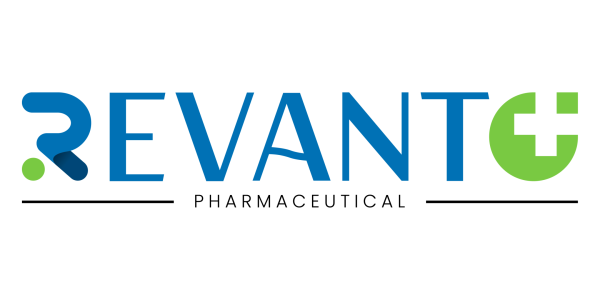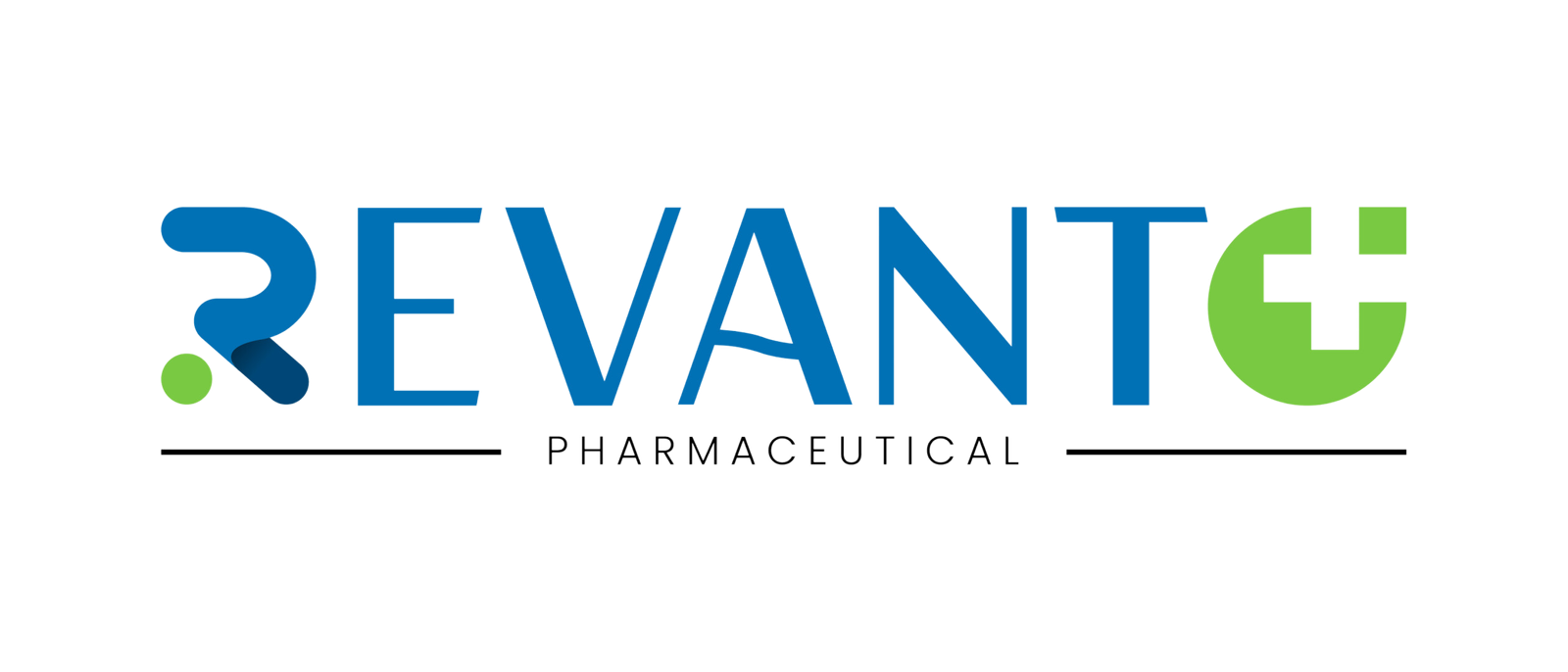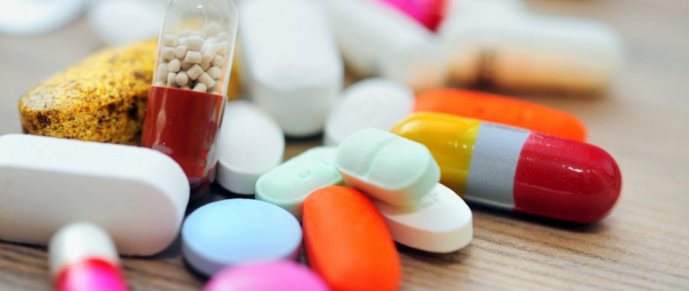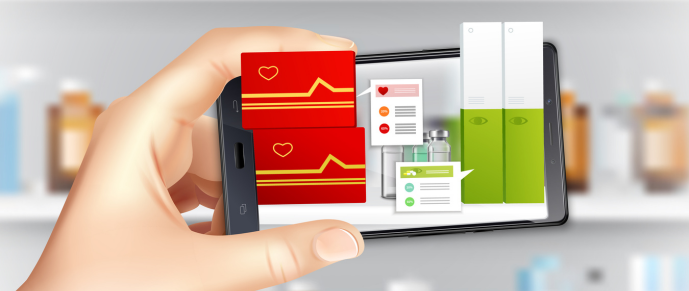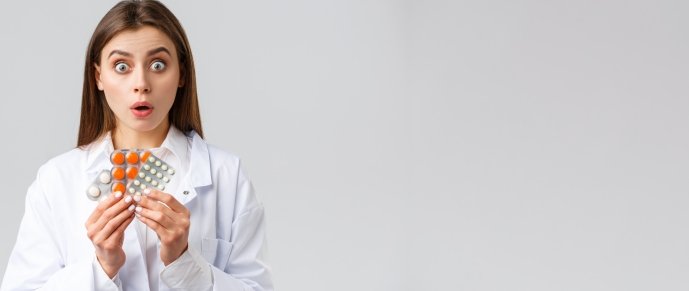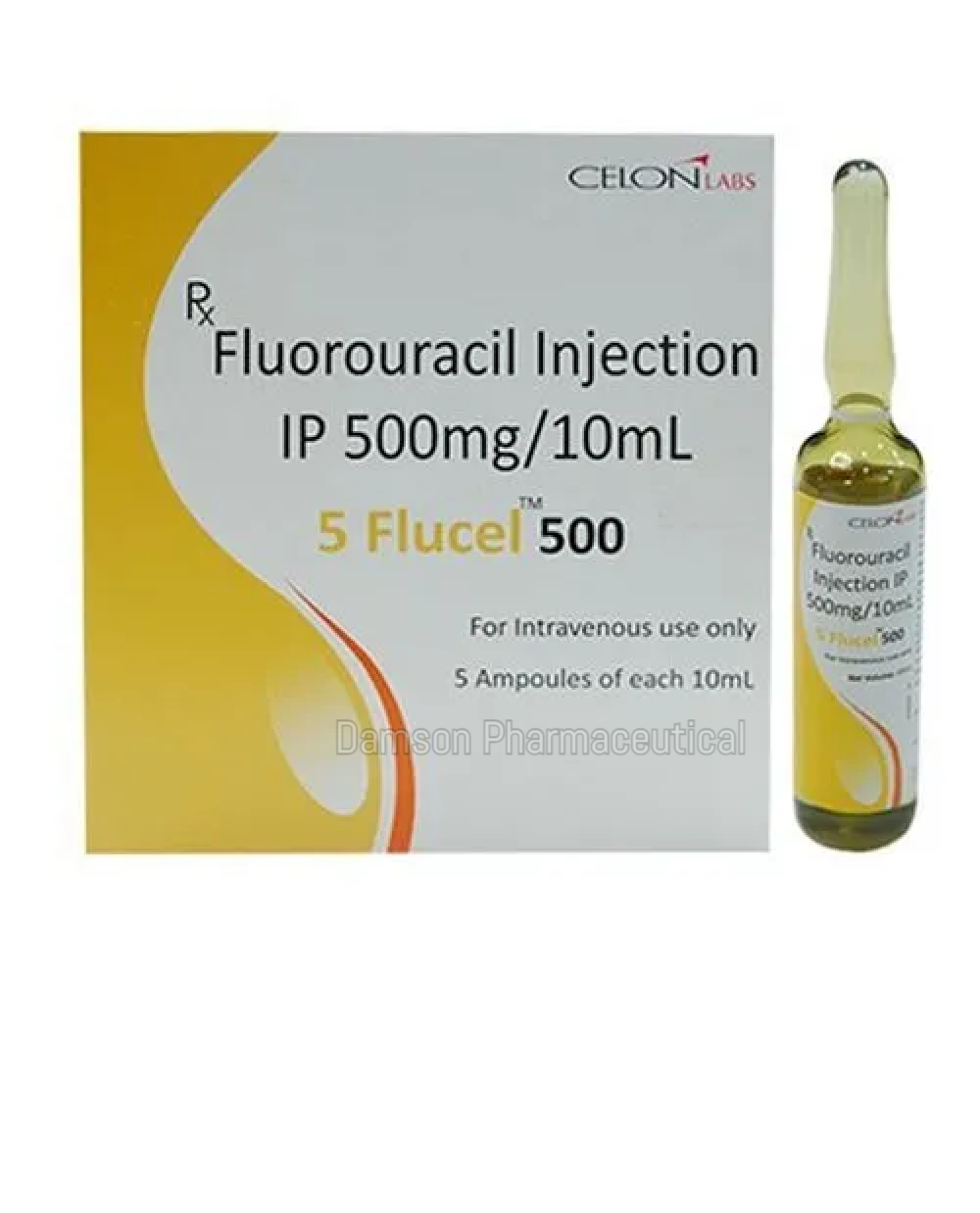
Generic drugs are one of the few affordable healthcare options left in this growing medical industry. They are copies of brand-name drugs and have exactly the same dosage, intended use, effects, side effects, and strength as the original drug. In other words, generic drugs have the same pharmacological effects as their brand-name counterparts.
Then why are they much cheaper than the brand-name drugs? Do both of them have the same healing ability? Is there a time when one is preferable over the other? Well, there are many such doubts regarding ‘generic vs brand name’. In this article, we intend to answer some of the hot FAQs regarding this topic.
What Is The Difference Between Generic And Brand Name Drugs?
The active ingredients present in generic drugs and their brand name counterparts are exactly the same. According to the US FDA, a generic need to have within 10 percent above or below the blood concentrations achieved with the brand name to get approved. In reality, they vary by 3-4 percent in one direction or another, and the difference is almost unrecognized by the human body.
However, the difference between generic drugs and brand name drugs arises when it comes to their inactive ingredients. Generics do not need to contain the same inactive ingredients as the brand name product. Inactive ingredients have nothing to do with the therapeutic action of the drug. These can be binding materials, dyes, preservatives, and flavoring agents.
So, if the pill you have been taking looks different than the one you had before, you don’t need to worry! It usually means a different manufacturer has made that pill and thus they have different inactive ingredients, which makes them look different.
The generic name and brand name of the same drug are usually different. For example, a generic drug for diabetes is metformin while its brand name is Glucophage. A generic drug used for hypertension, is metoprolol, while the brand name for the same drug is Lopressor. (Usually, brand names are Capitalized while generic names are not.)
Why Are Generic Drugs Much Cheaper Than Their Branded Counterparts?
Generic drugs are cheaper only because the manufacturers have not had the expenses of developing and marketing a new drug. While bringing a drug on the market, a company needs to spend huge sums of money on research, development, marketing, and promotion of the drug.
In fact, a study estimates that the cost to develop and win marketing approval for a new drug is $2.6 billion. Only then is a patent granted to the company which gives the company an exclusive right to sell the drug until patent is in effect.
At the end of an approximately seven-year period of exclusivity, the patent nears expiration, and the FDA allows one specific generic to be the first to market. That generic is granted a six-month period of exclusivity. Once this time period ends, any manufacturer who can prove that their drug can achieve the same drug concentrations in the blood that the brand name does can produce a generic. Manufacturers of generics don’t even need to do studies in people to prove safety. It is assumed that if they can achieve the same blood concentrations, they will achieve the same results.
Thus, generic manufacturers can produce generics without the startup costs for the development of the drug, and they can afford to make and sell it more cheaply. The prices of a generic go further down as multiple companies begin producing and selling the same drug.
Do Generic Drugs Have Lower Quality Than Branded Drugs?
Absolutely not! As mentioned earlier, generics have nearly the same chemical composition as the brand name drugs. They are manufactured in the same high-quality facilities and similar safety measures are followed while manufacturing them as are done during the production of brand name drugs. As a result, you get the same quality as brand names but at much cheaper costs.
Now, you may wonder that generics are cheaper, they have the same quality and effectiveness. Then why should people buy brand name drugs at all?
However, you should keep in mind that there is a lot of diversity among people. When blood concentration studies are done, they are done on “average” people. As the inactive ingredients and process of manufacturing differ, they can’t assure the same results for everyone.
For example, certain people are very sensitive to small changes in blood concentrations. Others may have a shorter colon or disease that makes food pass through their intestines faster or slower, which creates a noticeable difference in the effectiveness of the drug.
Brand names also become important for NTI (narrow therapeutic index) drugs. The blood concentrations you need for these drugs to achieve a therapeutic dose and the concentrations that will cause toxic effects are very close. Small changes in concentrations can lead to ineffective and even toxic responses. For example, medications for seizures, heart arrhythmias, thyroid hormone, warfarin (blood thinner), and lithium are all NTIs.
Thus, using generics for these cases might get tricky and you need to talk to your physician before switching to generic to make sure you understand the risks and rewards.
The Bottom Line: Generics tend to earn some higher points in the ‘Generic drugs vs Brand name’ debate. They prove to be a more sustainable way to healthcare. However, for certain special cases, you should always prefer brand names over their generic versions.
Revanto pharmaceuticals is one of the top suppliers of generic drugs all around the globe. We also provide export services for more than 30 countries across the globe. So if you are interested in our pharmaceutical services you can feel free to contact us.
